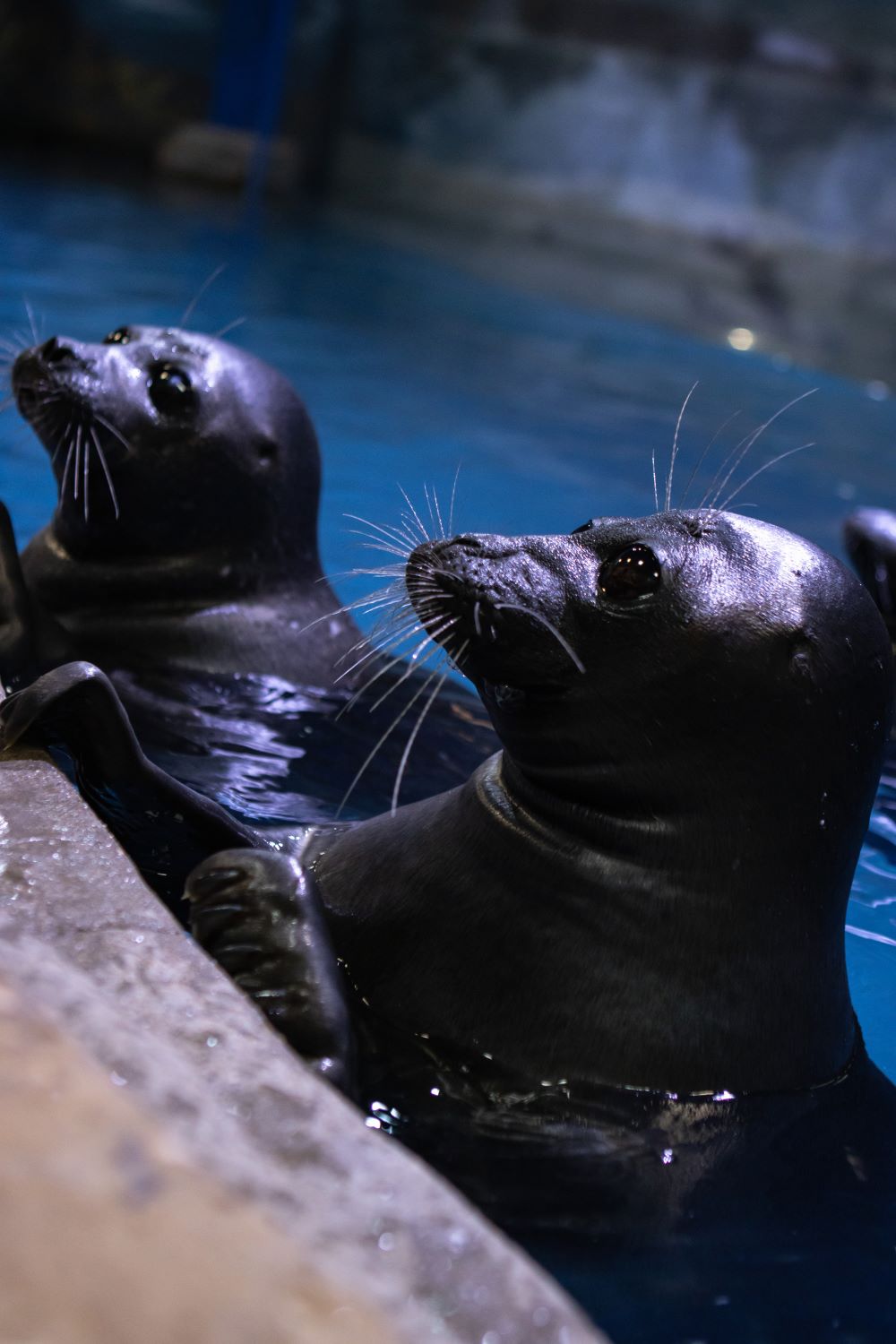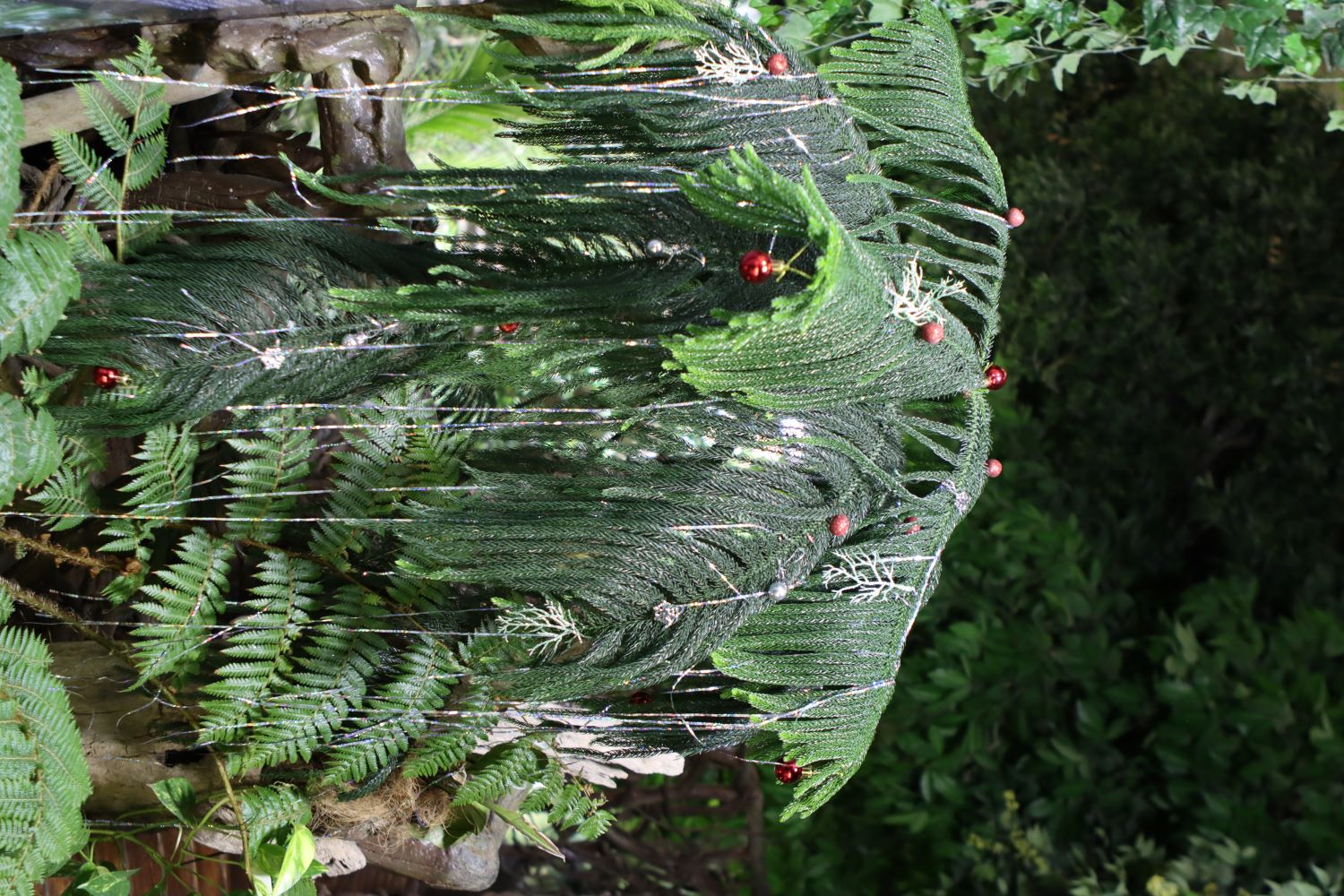Currently, the scientists at the Primorsky Aquarium Shared Equipment Facility (PA SEF) are seeking new agents inhibiting the growth of tumor cells. They are studying marine organisms like polychaetes, bryozoa, sea sponges and crustaceans, which were obtained during the scientific expedition to Antarctica of the P.P. Shirshov Institute of Oceanology carried out December 2021 to April 2022.
As Maksim Puzanov, the PA SEF member, said, the scientists screen the extracts from these organisms for their potential anticancer activity. They use a range of up-to-date techniques: high-performance liquid chromatography, metabolic analysis, flow cytofluorometry and confocal laser scanning microscopy.
“Samples from the marine organisms that we received from the Antarctic expedition are homogenized to make extracts and the effect of these extracts on tumor cell cultures is tested,” told us Maksim Puzanov. “We conduct MTT assays to evaluate the metabolic activity of cell cultures and check if the extracts cause apoptosis, or programmed death, of cells. We have found out so far that the extract from the Antarctic deep-sea bryozoan significantly decreases the growth of tumor cells and we are testing this extract against normal cells now.”
As the specialists say, it is too early to predict, which organism may appear to be a source of the most effective oncology drug candidate. They have been working with the most promising samples for more than a year. When the anti-cancer effect is confirmed, the biological mechanism behind it uncovered, and the active compound identified, next steps to developing a new anti-tumor drug can be planned.





